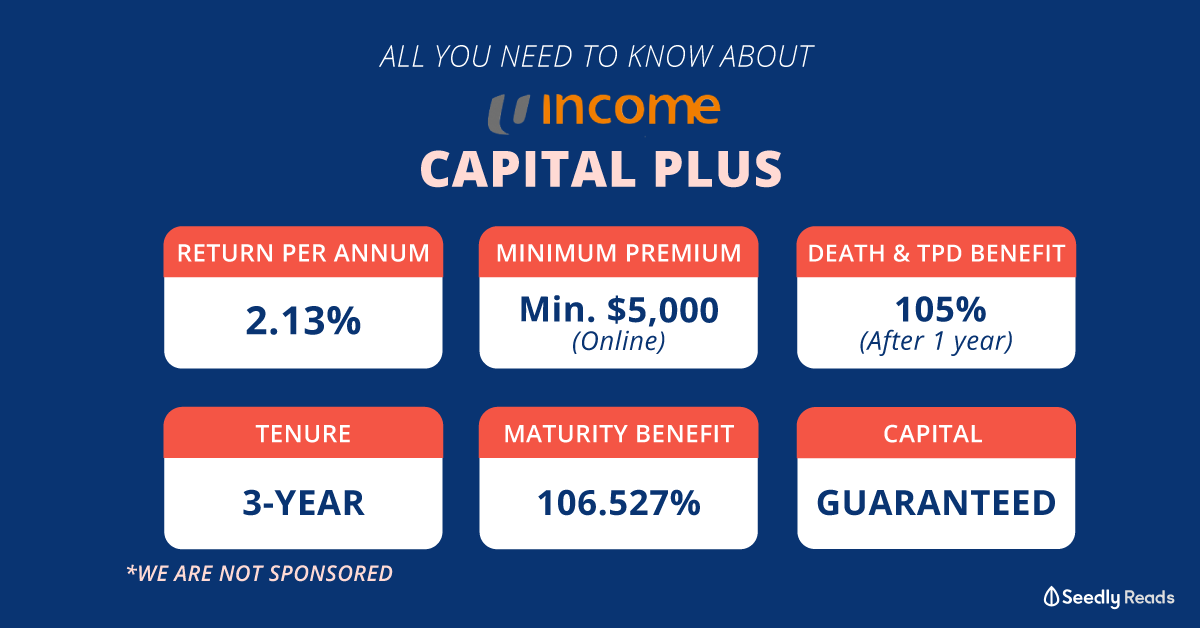Advertisement
Anonymous
For guys who are planning to use Aviva SAF term plan with Living care and Living care plus coverage as your core insurance portfolio, how are you guys planning to address the exponential rising cost?
For guys who are planning to use Aviva SAF term plan with Living care and Living care plus coverage as your core insurance portfolio, how are you guys planning to address the exponential rising cost when you reach 40+ and above?
2
Discussion (2)
Learn how to style your text
Elijah Lee
09 Aug 2020
Senior Financial Services Manager at Phillip Securities (Jurong East)
Reply
Save
Jonathan Soh
09 Aug 2020
Wealth Manager at Aviva Financial Advisers
Hi there. I have Living Care policies myself as a customer. These plans are cheap but as you rightly pointed out, there will be a surge at one point. Coverage is also not as comprehensive as the standalone CI plans in the market.
My recommendation will be to not rely wholly on these plans for your CI coverage. Get separate standalone CI plans as well. Once the costs start to rise, you can cancel Living Care and purchase additional CI plans to cover up for the shortage if your health is in good condition. Alternatively just stick to the Living Care plans, you can take it that the additional costs you are paying are to equalise for the past years of exceptionally low premiums.
You can reach me here if you like to find out more. I cover 9 major insurers including Aviva, NTUC, Manulife etc.
Reply
Save
Write your thoughts
Related Articles
Related Posts
Related Posts
Advertisement








Hi anon,
I'm just using this for the death/TPD/PA coverage. Living care stopped being really cheap for me already so I did not continue it (although I could afford to). Even so, I have my own death/TPD cover, as well as my own CI cover. I would not wait around for the price to spike before getting a individual policy and cancelling living care, as I won't want to bet on my insurability in my 40s. Anything can happen.
For someone in their 20s, I would still say that a personal policy covering CI is better, and you can just add living care as a quick boost to your coverage. As income improves, additional personal CI cover can be gotten, and eventually living care can be phased out of their portfolio. In time to come, one will probably want their own coverage since group policies can change terms and conditions at any time.